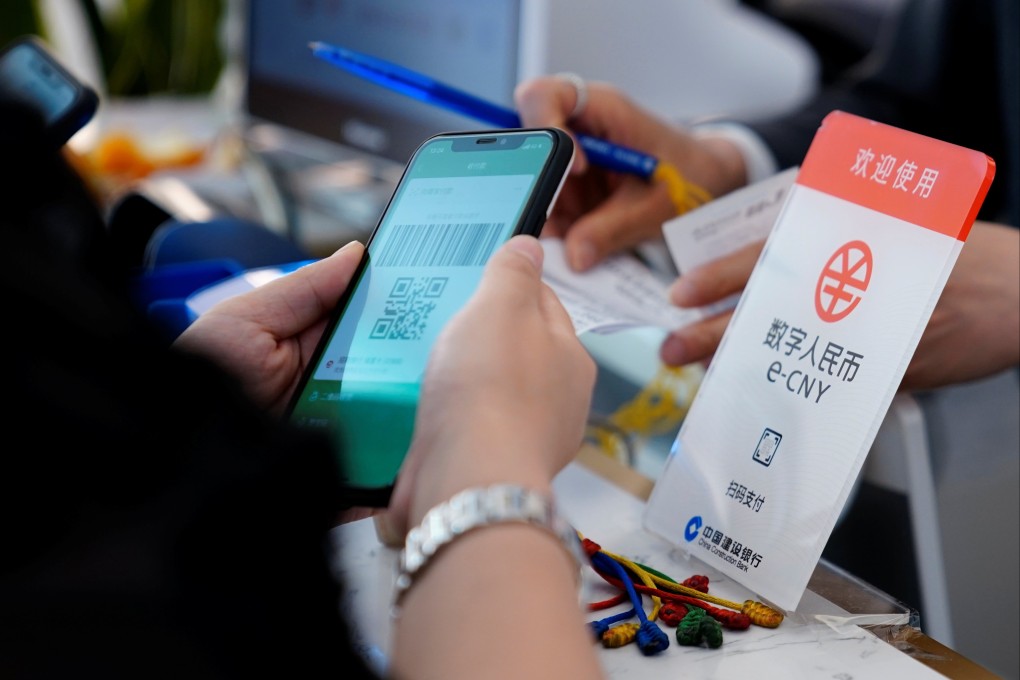Editorial | Rise of e-yuan will challenge dominance of the US dollar
- Country is at the head of what is likely to be a global trend as governments around the world are engaged in a contest to digitise their currencies

Every sovereign state wants to have full control of its currency. The rise of private digital currencies, for a time, threatens to take that power away from governments and their central banks. China now comes close to resolving that challenge, by issuing its own sovereign digital currency. The e-yuan will have the same value as the physical banknotes in your hands. By digitising the yuan, the central government will gain many advantages with enormous implications for its financial, trade and foreign policies, and for its current domestic and eventual foreign users as well.
From internationalising the yuan with trade partners to bypassing unilateral sanctions imposed by the United States, China may potentially gain far greater financial freedom than with the current status of the yuan as a controlled currency that is always overshadowed by the all-mighty US dollar. No wonder the digital yuan is being closely watched and monitored by foreign governments.
China is at the head of what is likely to be a global trend as governments around the world are engaged in a contest to digitise their currencies. At least 39 countries are in the development, pilot, and/or launch phases of their digital money.
One likely consequence is that international money transfer and payment will increasingly bypass SWIFT, the global money transfer system over which the US has predominant control and through which it exercises financial sanctions against foreign states and individuals. Washington’s abusive use of the system has upset many countries, including some allies. E-yuan may potentially help China to kill two birds with one stone – promote the international use of yuan without losing control of it; and free itself from US financial dominance.
